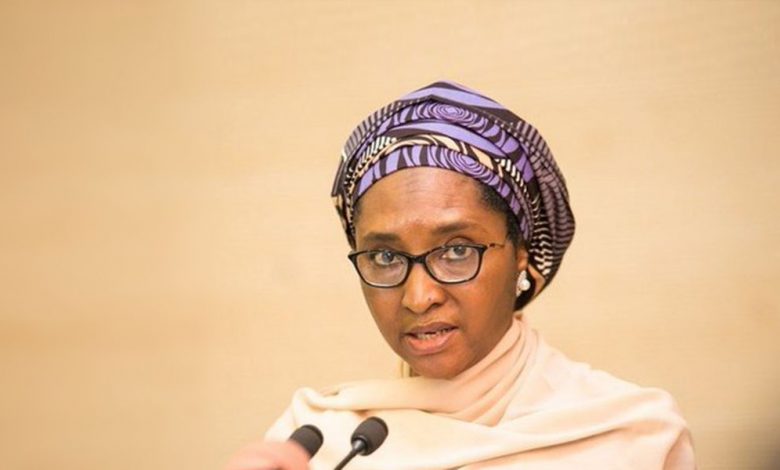
According to World Bank in its Nigeria Development Update (NDU) November edition titled “Time for Business Unusual”, without immediate macroeconomic reforms, Nigeria will remain fragile against the current fuel market.
Nigerian fuel subsidy payments deplete the government’s scarce resources and it needs to be ended within the next three-to-six months. It has cost Nigeria 864 billion naira just in the first nine months of 2021 as oil prices increase the cost of imports.
“The Premium Motor Spirit (PMS) subsidy is eroding Nigeria’s limited fiscal space to provide essential services,” it said. “Aggressive reform effort could contribute more to growth than a sustained period of high oil prices.”
“The subsidies regime in the (petroleum) sector remains unsustainable and economically disingenuous,” said Finance Minister Zainab Ahmed during the launch of the report.
The minister did previously reveal that the government planned to replace the subsidy with 5,000 naira monthly payments to the poorest families by the middle of next year.
Although it revised Nigeria’s GDP projection to 2.4% this year after the economy grew just over 4% in the third quarter, the bank advises FG to improve exchange-rate management and speed up other reforms to boost growth.
Nigeria, it advises, can continue to pursue a business-as-usual policy approach while its economy and job market deteriorates, or it can undertake bold reforms that put Nigeria on a robust and sustainable long-run growth trajectory.
